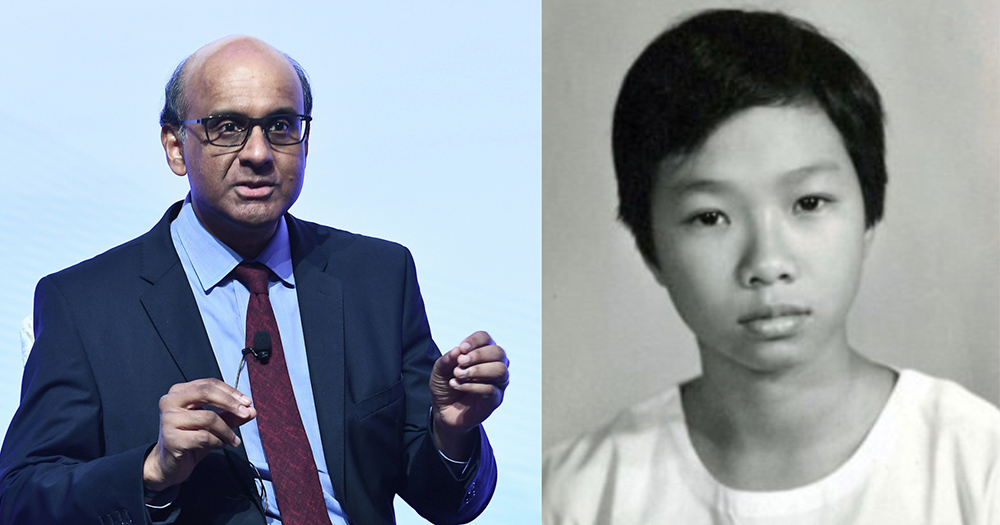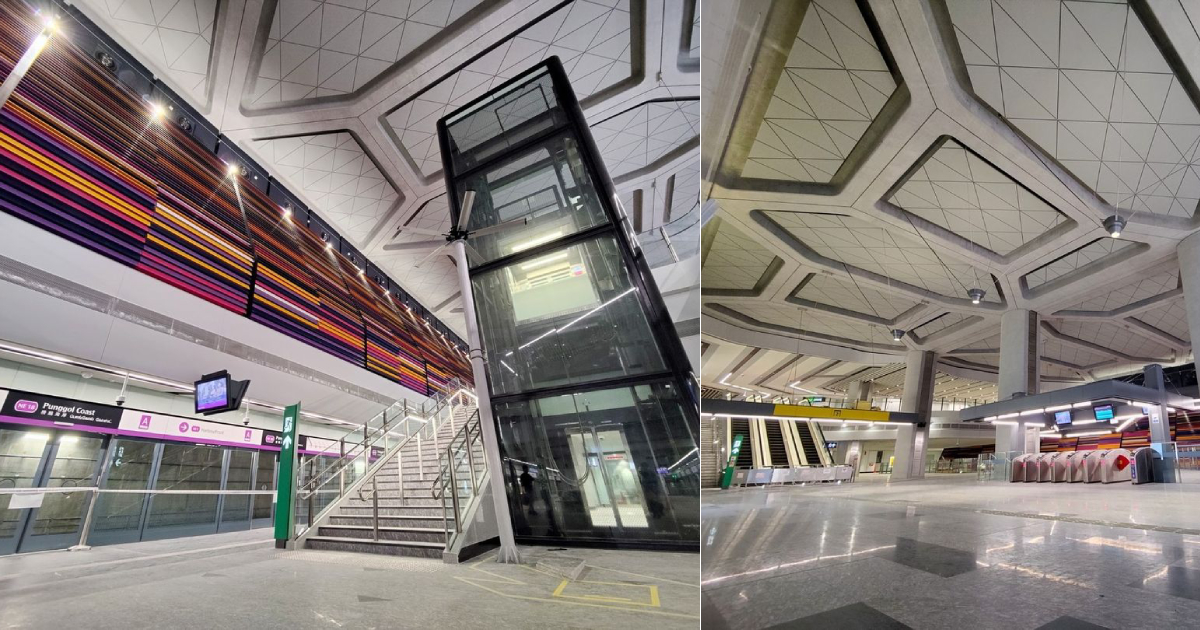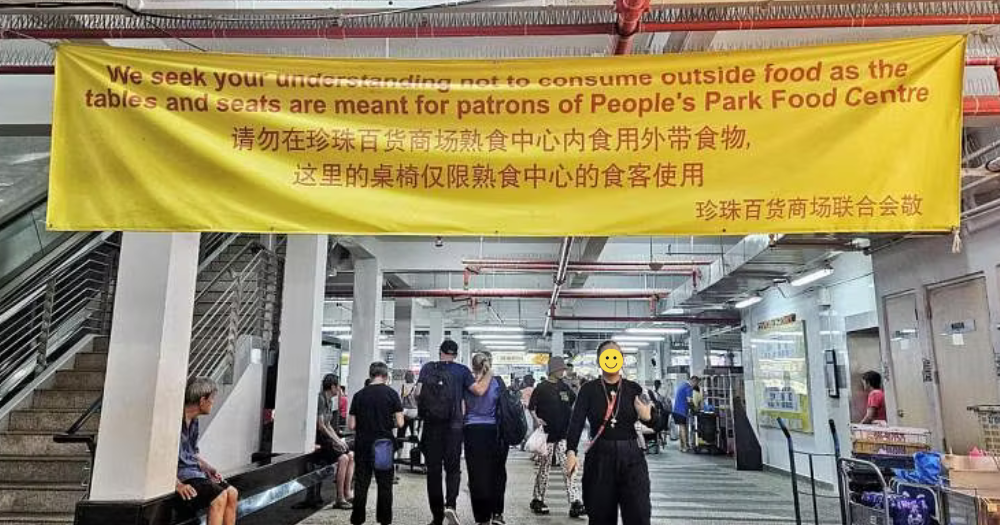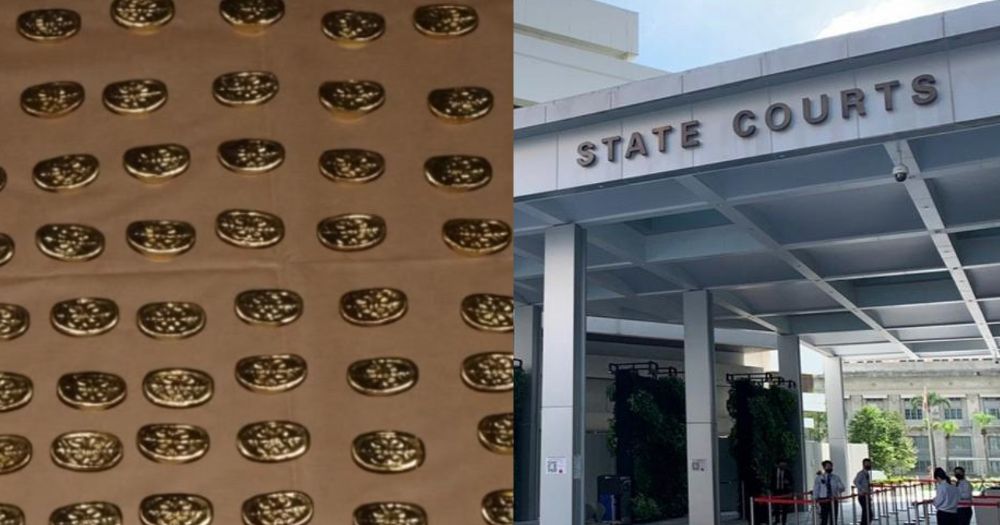Putting chips on S'pore's table: India media speculate Modi will sign semiconductor deal during visit
Singapore is a low-key world leader in the semiconductor sector.
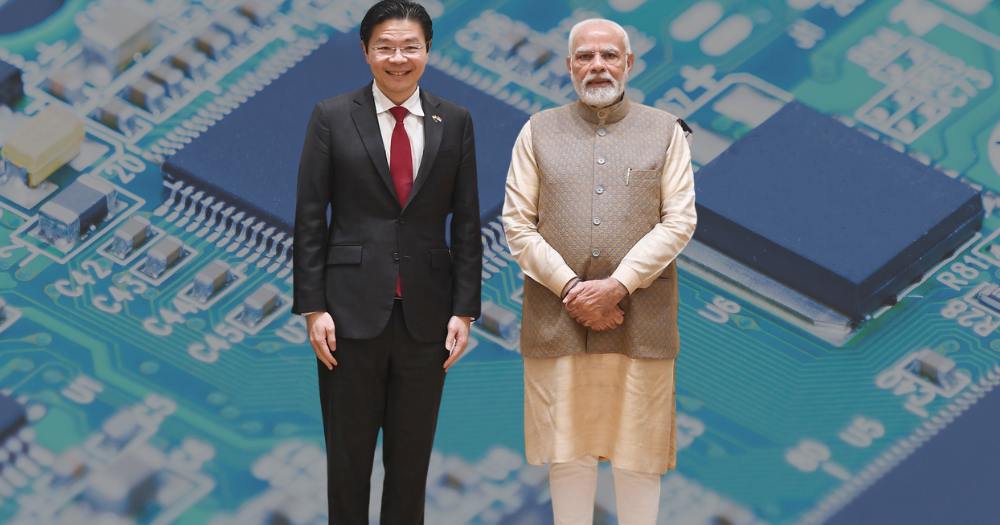
Prime Minister Narendra Modi of India is tipped to sign a "significant agreement" on semiconductors when he visits Singapore later this week, Indian news outlet WION reported.
Modi is visiting Southeast Asia as part of a two-country trip that also includes Brunei.
Brunei is marking its 40th anniversary of diplomatic relations with India this year.
He will be in Singapore on Sep. 4 and 5, at the invitation of Prime Minister Lawrence Wong.
Speculation on semiconductor deal
According to WION, which did not state a source, Modi is expected to sign a pact on semiconductors during his visit.
The semiconductor sector was a notable topic of discussion during the India-Singapore Ministerial Roundtable in late Aug. 2024.
A delegation of India ministers, including External Affairs Minister S Jaishankar and Finance Minister Nirmala Sitharaman, visited Singapore for a discussion with the Singapore government.
Various topics were brought up, including the aviation sector, green energy and digital payment connectivity.
Foreign Minister Vivian Balakrishnan mentioned that advanced manufacturing was one of the "pillars" in the discussion, with semiconductors being a part of that pillar.
Modi's focus on semiconductors
According to another India media outlet, NDTV, Modi has ambitions to expand India's homegrown semiconductor industry, with semiconductors being the basic materials needed to make chips and integrated circuits.
After winning his third term in the recent general election, Modi pledged to make India a manufacturing hub for semiconductors.
In Feb. 2024, Modi placed a huge bet on the industry, approving US$15.2 billion (S$19.9 billion) worth of subsidies for three semiconductor plants.
Domestic concerns
Although Modi's third term was unprecedented in India politics, he lost his absolute majority in parliament, with opponent Rahul Gandhi putting up a better-than-expected performance.
The Economist said that in order to woo younger voters concerned about employment opportunities, Modi increased government spending on job creation in his recent budget.
For a restive population looking for jobs, developing India's semiconductor industry could just be the ticket.
The Economic Times, an India media outlet, reported that the industry could add 800,000 to 1 million jobs to the economy over the next five years.
U.S.-China tensions, Taiwan and the global chip industry
Modi's push to transform India's semiconductor sector comes amid a time of heightened scrutiny on chips, their critical use in advanced technology, and rising tensions between the U.S. and China.
Taiwan is the global leader in supplying advanced chips to the rest of the world, but the island stands at a flashpoint, with China's President Xi Jinping not ruling out the use of military force to bring Taiwan under Beijing's rule.
U.S. President Joe Biden has made moves to boost America's own chip industry with the 2022 CHIPS and Science Act, pouring billions in domestic subsidies into the sector.
This has resulted in some moves, such as Taiwanese chip giant TSMC opening up new chip plants in the U.S. state of Arizona.
Why Singapore?
Meanwhile, Singapore has been quietly building up its own domestic semiconductor and chip industry.
According to EDB, as of Aug. 2024, our little red dot accounts for 10 per cent of all chips produced worldwide.
We also produce 20 per cent of the world's semiconductor manufacturing equipment.
EDB gave some reasons for Singapore's success in this sector so far, including our domestic stability, efficient supply chains and robust intellectual property protection rights.
Singapore's approach has seen foreign chip companies deciding to set up shop here.
Given our track record in this sector, it would make sense for Modi to tap into Singapore's knowledge base and expertise.
Singapore is also India's top foreign direct investor, accounting for about a quarter of the South Asian giant's FDI equity inflows since 2000.
With India overtaking China as the world's most populous country, and therefore becoming the world's biggest domestic market, Singapore firms can benefit from reaching a new customer base and obtaining new revenue streams.
If the rumours are true, and Modi does sign such a deal on semiconductors during his flying visit to Singapore, the outcome could be win-win for both countries.
Top image via Unsplash and Lawrence Wong Facebook.
MORE STORIES








